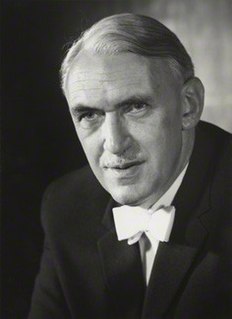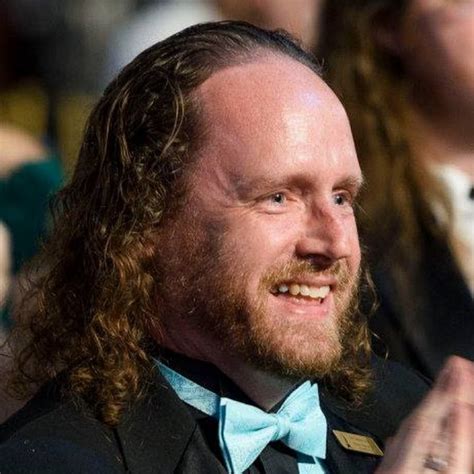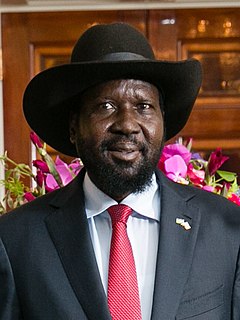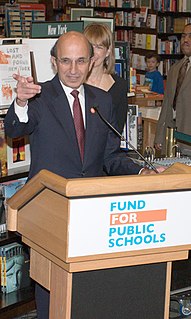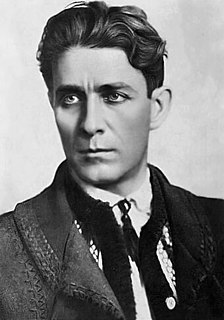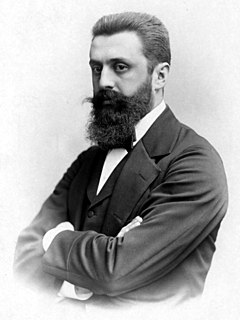A Quote by Alan Bullock
If the country is to survive as a democracy it will depend on voters who understand how our political institutions have evolved and the events that went into their creation. A nation's sense of its history is indistinguishable from its social cohesion.
Related Quotes
We need a leader who has a sense of balance, an understanding of the ebb and flow of history and a sense of our country's unique place in it. This is a foreign policy debate, and you cannot conduct foreign policy without a sense of what we are fighting for. And any President who can reduce the conduct of this country's affairs to a morning's attack by a bunch of demented fascists does not, in my view, understand what this great nation is all about.
Not enough of our society is trained how to understand and interpret quantitative information. This activity is a centerpiece of science literacy to which we should all strive-the future health, wealth, and security of our democracy depend on it. Until that is achieved, we are at risk of making under-informed decisions that affect ourselves, our communities, our country, and even the world.
It is now generally accepted that the roots of our ethics lie in patterns of behavior that evolved among our pre-human ancestors, the social mammals and that we retain within our biological nature elements of these evolved responses. We have learned considerably more about this responses, and we are beginning to to understand how they interact with our capacity to reason.
Democracy destroys the unity of the Rumanian nation, dividing it among political parties, making Rumanians hate one another, and thus exposing a divided people to the united congregation of Jewish power at a difficult time in the nation's history. This argument alone is so persuasive as to warrant the discarding of democracy in favor of anything that would ensure our unity - or life itself. For disunity means death.
